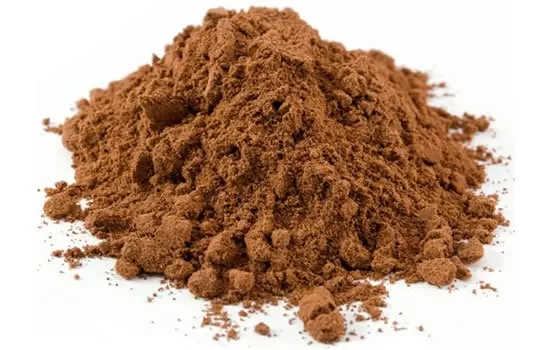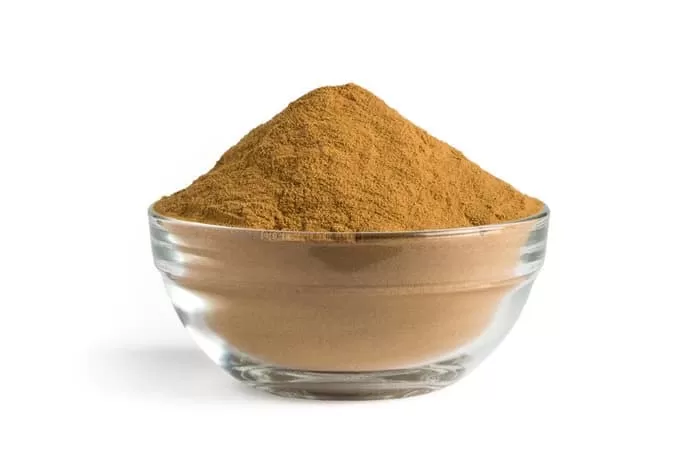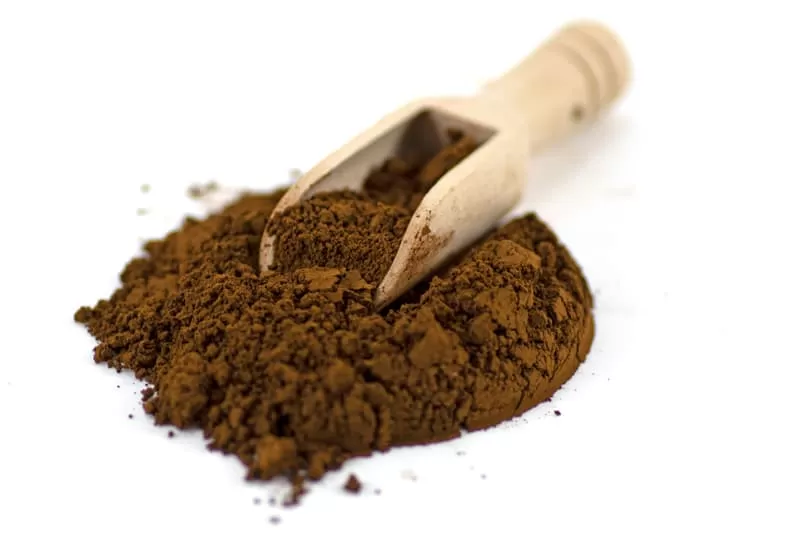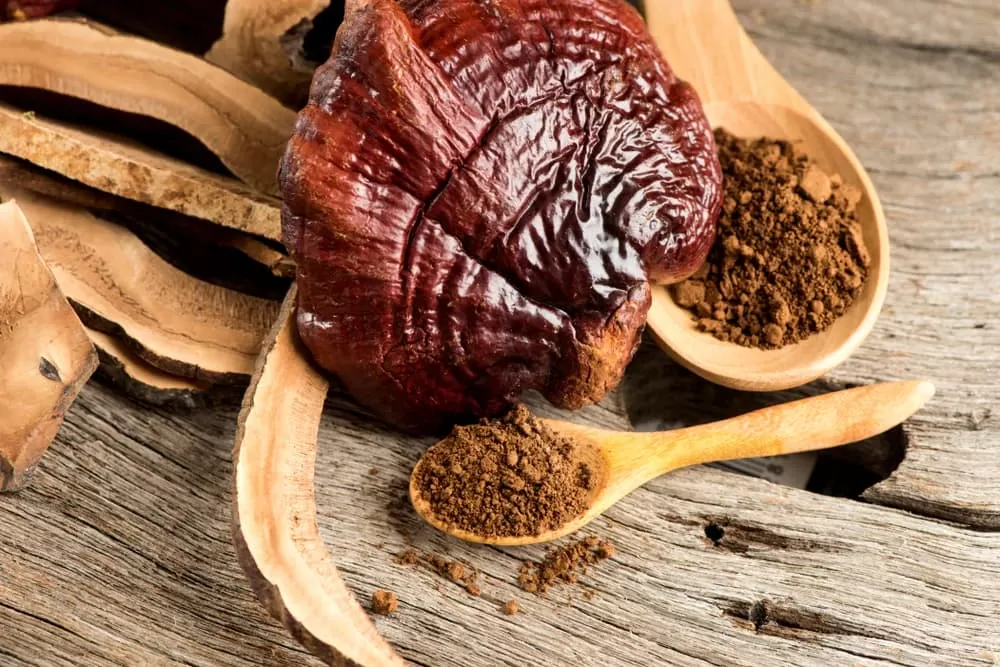- 0086-571-85302990
- sales@greenskybio.com
How does reishi calm you down?
2025-05-30
The search for natural remedies to combat stress and anxiety has led many to explore traditional herbal medicine, with Reishi mushroom standing out as a notable choice. Known as "Lingzhi" in Chinese medicine, Reishi (Ganoderma lucidum) is revered for its calming properties and its role in promoting relaxation and holistic wellness. This mushroom's rich history of use, supported by modern research, suggests it may be a valuable tool for managing stress and enhancing mental tranquility. In this article, we will investigate how Reishi mushroom calms the body and mind, its mechanisms of action, and the potential benefits it offers for stress reduction.
Origins and Traditional Uses
Reishi mushroom has been used for over two thousand years in traditional Chinese medicine, where it's often referred to as the "Mushroom of Immortality" due to its perceived healing properties and benefits for longevity. It typically grows in humid environments, primarily on hardwood trees, and is recognized by its glossy red cap and kidney-shaped appearance.
Traditionally, Reishi has been used to enhance vital energy, promote longevity, and improve general health. It was prized among herbalists for its ability to treat fatigue, replenish energy reserves, and boost the immune system. The mushroom was frequently prescribed for individuals dealing with stress-related ailments, due largely to its calming effects on the mind and body.
Bioactive Compounds in Reishi
The calming effects of Reishi mushroom can be attributed to its rich profile of bioactive compounds, which work synergistically to offer a range of health benefits. These compounds include triterpenoids, polysaccharides, and peptidoglycans.
Triterpenoids
Reishi contains a variety of triterpenoids, which are known for their anti-inflammatory and antioxidative properties. These compounds are suggested to play a role in modulating the body's stress response, promoting relaxation, and stabilizing mood. Triterpenoids may aid in balancing cortisol levels—the body's primary stress hormone—thereby reducing anxiety.
Polysaccharides
Polysaccharides are complex carbohydrates that exhibit immunomodulatory effects. While their primary function is to support immune health, polysaccharides have also been associated with improved brain function and mood regulation. These compounds contribute to the calming effects by enhancing neuroprotection and supporting optimal nervous system functions.
Peptidoglycans
Peptidoglycans are another vital component found in Reishi, contributing to its stress-reducing properties. They are known for promoting relaxation and reducing anxiety by supporting hormonal balance and neurotransmitter regulation.
Mechanisms for Calming Effects
Reishi's calming effects are the result of multiple biological mechanisms working in conjunction to reduce stress and enhance mental clarity. These mechanisms include:
Adaptogenic Properties
As an adaptogen, Reishi aids the body in resisting various forms of stress. It helps regulate physiological processes by balancing the endocrine system, which plays a vital role in stress response. Adaptogens like Reishi normalize hormone levels, improve energy metabolism, and foster resilience against stress-inducing agents.
Interaction with Neurotransmitters
Reishi mushroom interacts with neurotransmitters such as serotonin and gamma-aminobutyric acid (GABA), both of which influence stress levels and mood. By promoting balanced neurotransmitter activity, Reishi may enhance feelings of calmness and reduce symptoms of anxiety. This interaction aids in promoting relaxation and improving sleep quality, which is essential for mitigating the effects of chronic stress.
Anti-Inflammatory Effects
Chronic inflammation is increasingly being recognized as a contributor to stress and mental health disorders. The anti-inflammatory properties of triterpenoids in Reishi help reduce systemic inflammation, which can mitigate stress and the psychological symptoms associated with it.
Benefits for Mental and Physical Well-being
The calming effects of Reishi mushroom extend beyond stress and anxiety reduction, encompassing a broader spectrum of benefits for mental and physical health. These include:
Enhanced Sleep
Reishi's natural calming properties may aid in improving sleep quality, addressing issues such as insomnia. Adequate sleep is crucial in managing stress and maintaining optimal cognitive function.
Improved Mood and Cognitive Function
By supporting neurotransmitter balance, Reishi can enhance mood and mental clarity, contributing to better focus and concentration. Its role in reducing stress-induced cognitive impairment makes it an attractive choice for individuals facing mentally demanding situations.
Immune System Support
Reishi supports immune health, bolstering the body's defenses against infections and illnesses. A strong immune system is essential for maintaining energy levels and overall vitality, which can indirectly support stress management.
Incorporating Reishi into Your Routine
Reishi mushroom is available in various forms, including capsules, powders, teas, and tinctures. When adding Reishi to your health regimen, it's essential to choose high-quality products from reputable sources to ensure purity and effectiveness.
For those new to adaptogens, starting with a lower dose and gradually increasing it may help the body adjust comfortably to these powerful herbal benefits. As with any supplement, individuals should consult healthcare professionals before use, particularly if they have underlying health conditions or are taking medications.
Conclusion
Reishi mushroom stands at the forefront of natural remedies with potential benefits for calming the mind and promoting relaxation. Its historical use combined with modern scientific support establishes it as an influential ally in stress management and overall wellness.
As the pace of life continues to accelerate and demand rises for effective stress-reducing solutions, incorporating Reishi into a balanced routine offers a path towards greater tranquility and improved resilience. By leveraging the power of nature through Reishi, individuals can cultivate peace and stability in their lives.
-
Does Reishi Mushroom Increase Estrogen?
2025-05-30
-
What Are the Benefits of Mushroom Extract?
2025-05-30
-
Why is Reishi so good?
2025-05-30














